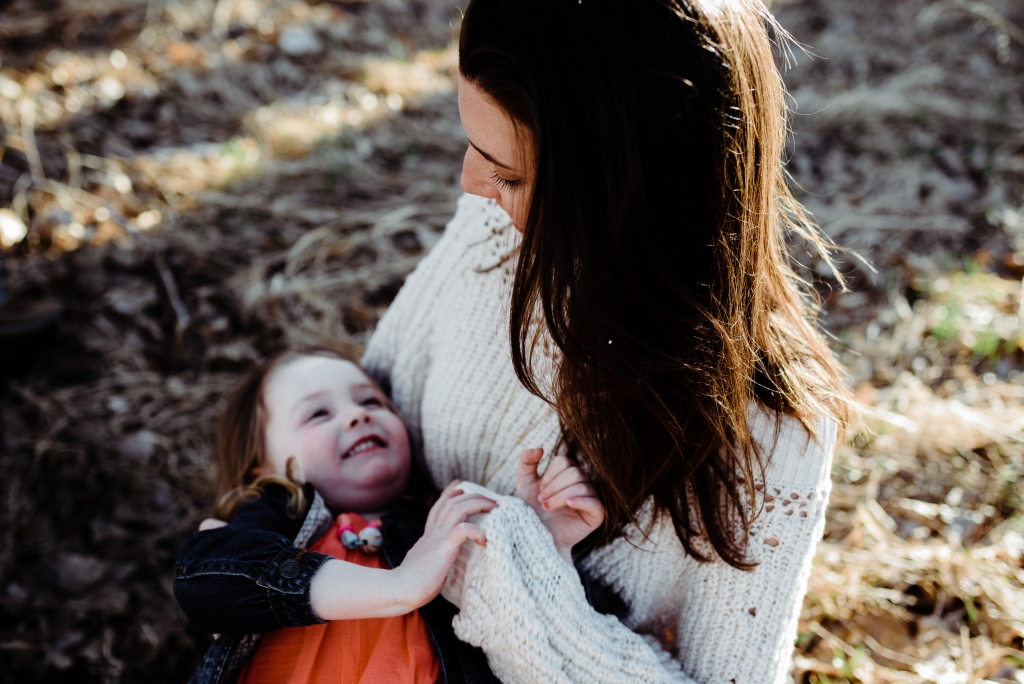The Isolated Caregiver—A Mom’s Story
I hate to admit it, but I’ve become bitter about the lack of understanding and sympathy for people living with type 1 diabetes. How is it that one of the oldest recorded diseases is still being misunderstood, overlooked and there’s still no cure? And how is it that insulin prices are so high, people literally are dying because they can’t afford it? It all can send me into a tailspin of despair, anger and isolation. Maybe it hits me so hard because it’s not me who has type 1 diabetes, it’s my daughter—my first born, the one who made me a mother. Maybe that’s why sometimes, I want to scream to the world, “HELLO, we are working around the clock over here to keep my daughter ALIVE. By ourselves. With no medical degrees. With no daily help from a doctor. WE decide how much life-saving medicine to give her all day, every day. And by the way, too much of this said life-saving medicine could KILL her! Try to wrap your head around that!” But then people look at her and see this vibrant, healthy-looking girl and they think I’m exaggerating, or worse, using my child’s illness to get attention. And so, more often than not, I just keep quiet, but at what cost?
I keep quiet when I feel desperate, exhausted and scared about this huge responsibility that I didn’t get enough training for and that I never get a break from. I keep quiet when I see other moms freely handing kids snacks at the park without a second thought about it, when inside I’m dying at how unfair it is. I don’t say anything when I have to get my 3-year-old daughter to stop playing so I can check her blood sugar and give her insulin for that snack all the other kids have already eaten by now—whether it’s carrots or a cookie.
I keep quiet when I really want to go into detailed explanations about the silent calculations I do every time my daughter wants to eat; you see, first I have to figure out how many carbs are in what she’s eating and how much insulin that will require based on her insulin-to-carb ratio for that time of day, and then I need to know what her blood sugar is at that moment and where it’s headed (up, down, level), and what her trends have been like for the past 24 hours, because no two days are the same.

I keep quiet when her blood sugar is crashing at story time and I’m discreetly feeding her Skittles, hoping other parents don’t see me and wonder why I’d randomly shoving candy into my kid in the middle of a story. I keep quiet when I want to explain that Lily got this autoimmune disease when she was just 1-year-old and she will live with it for her entire life. There’s no cure and she’ll never outgrow it. I keep quiet and smile politely when acquaintances ask me if her numbers have “leveled off”—because how can I explain that they never will? I don’t say anything when moms I know post on Facebook about how hard it was to see their child get their flu shot, when I have to literally stab my child with needles ALL THE TIME. But I know I could have just as likely ended up as that mom too.
Staying quiet is isolating. When we don’t feel seen or understood, we feel alone. Many adults report that becoming a parent in and of itself is isolating, and I agree. But becoming a parent to a child with any kind of additional special needs—whether they are medical or cognitive or intellectual—automatically puts you in this “other” category. And while I rationally understand that there are millions of people living with type 1 diabetes, which means millions of parents caring for children with type 1 diabetes (T1D), most days I still feel like I’m all alone on this island. It just feels impossible to explain to anybody what type 1 diabetes really is and what the management of it entails. As anybody living with it knows, it is completely all-encompassing. Everything can affect her blood sugar—weather, altitude, activity, minor illnesses or infections, emotions and stress, growing, sleep and of course every morsel of food that enters her mouth. Did I mention there’s no breaks from it— like ever, not even when you sleep. And did I mention that blood glucose levels above just 7.8 mmol/L140 mg/dL begin causing damage to organs and cells, and blood sugar below 60 can potentially cause a seizure? If you want any chance at avoiding complications from diabetes, you need to be on top of your blood sugars 24 hours a day.
What can feel even more isolating is that people often confuse type 1 diabetes and type 2 diabetes. Two very different diseases, which should have completely different names in my opinion. Both of them are awful, but type 1 diabetes leaves you insulin-dependent from the onset. The pancreas of someone with type 1 diabetes is incapable of making insulin and so they become dependent on man-made insulin to stay alive. For T1D, there’s no lifestyle or diet change, no pill, no herbal remedy that is going to make type 1 better. I’m tired of feeling like no one gets it and that I have to explain and justify why it’s so damn hard. I’m sick of staying quiet when things feel so fraught. Mostly, I don’t want my daughter to grow up feeling isolated the way I have become isolated because of this disease. She’s the one who has to deal with the physical toll this will take—I want so badly to help ease the emotional and mental burden for her. I hope that by me speaking up and sharing our story, I can educate people about the non-stop effort it takes to keep her healthy. If people understand her struggle, maybe she will feel seen and supported as she grows up and learns more about the unfairness of it all. That’s all I can hope for and I’ll never stop trying.






